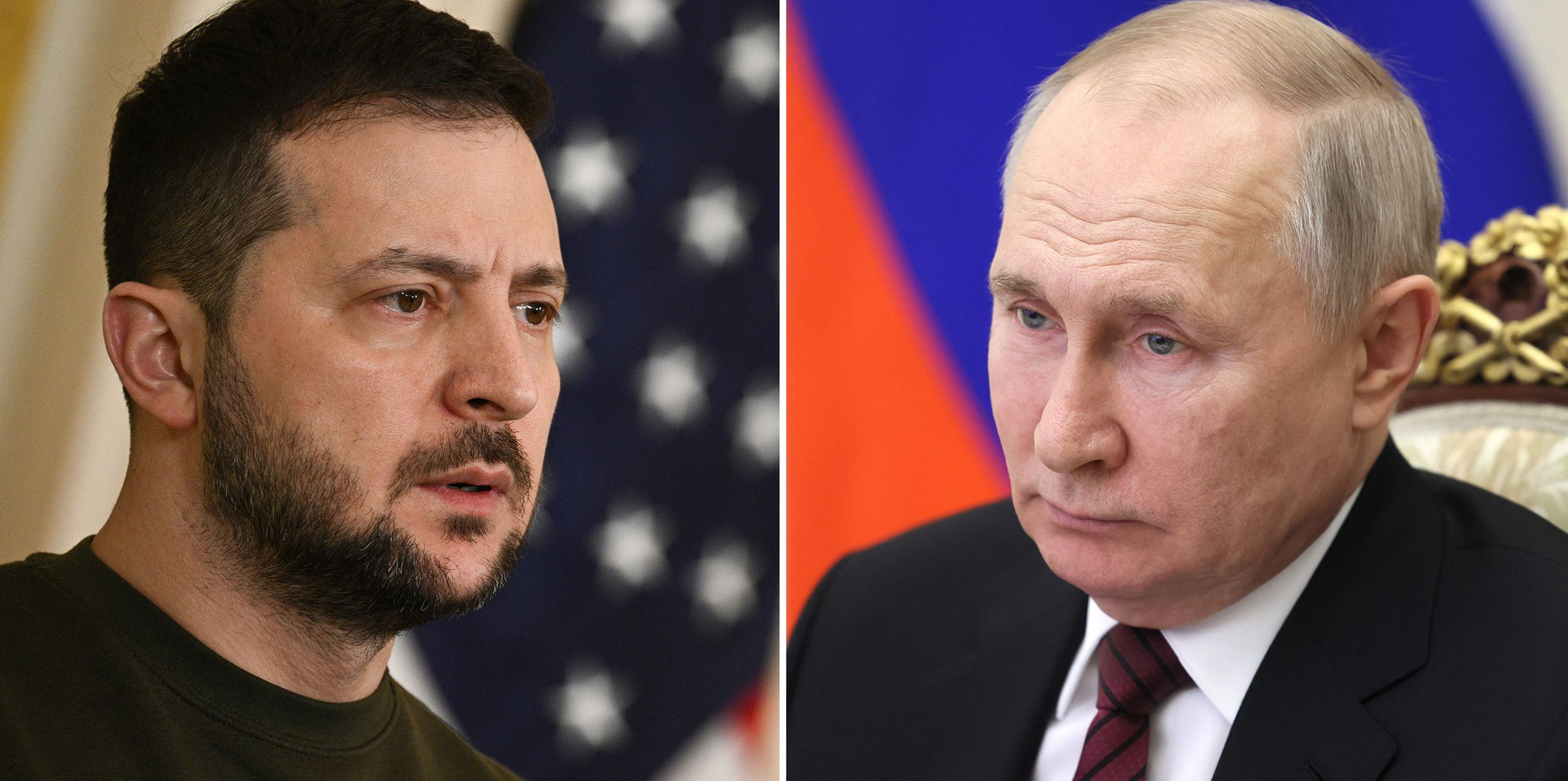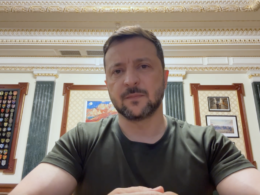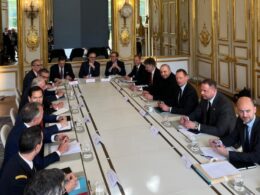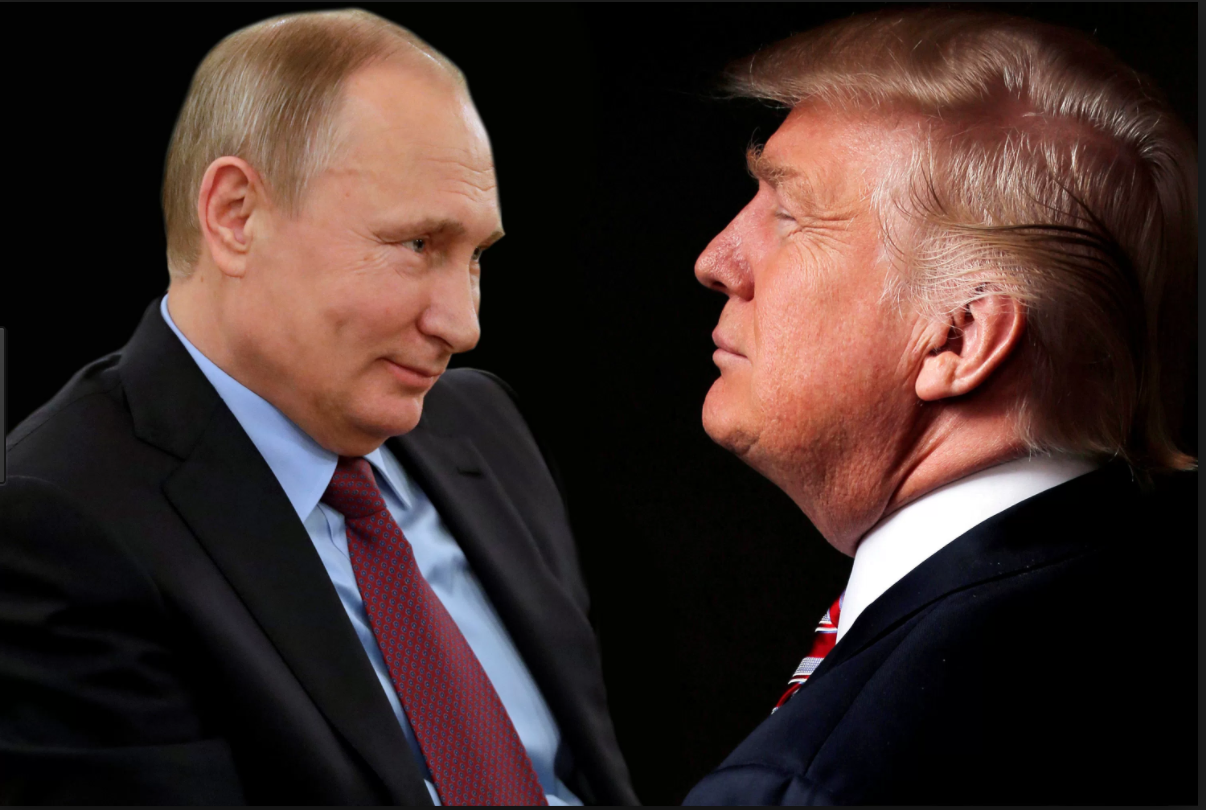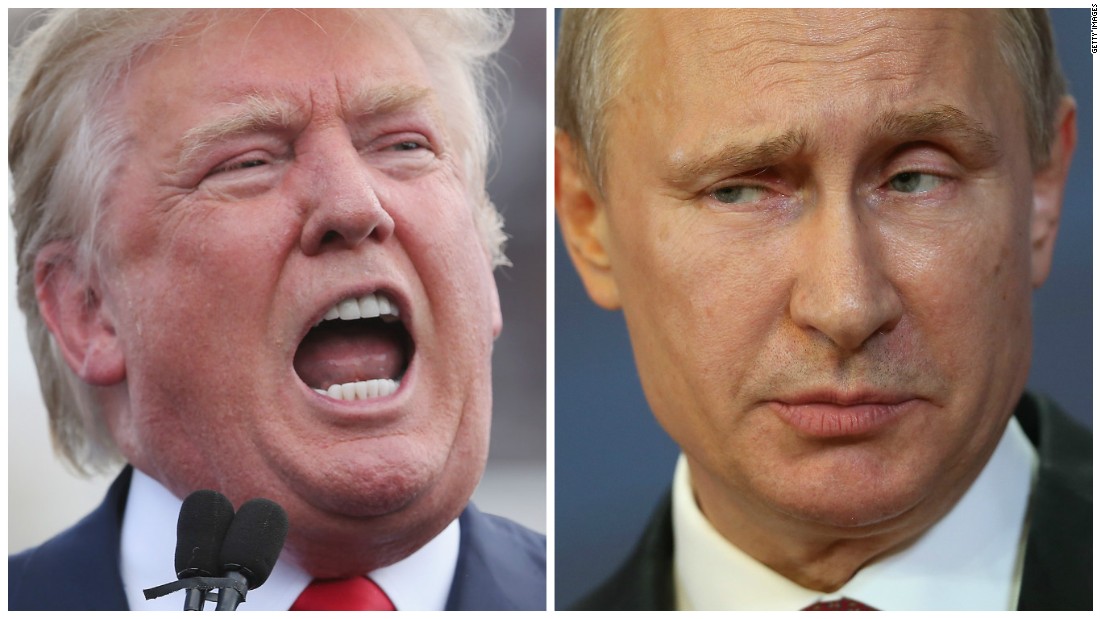Russian President Vladimir Putin is attempting to manipulate ceasefire discussions regarding Ukraine in what appears to be an effort to undermine unity between Ukraine, the United States, and European partners, according to the analysis by the Institute for the Study of War (ISW).
Putin's recent press conference and comments by Kremlin Spokesperson Dmitry Peskov are described as part of an attempt to inject Kremlin narratives into Western information spaces, according to ISW.
According to the analysis, this communication campaign aims to intimidate Ukraine and its allies into accepting Russia's terms. This rhetoric serves to mask Russia's lack of substantial military progress over the past two years, while Kremlin officials continue to insist on peace conditions that would effectively require Ukraine's complete surrender, rejecting any compromise that doesn't fully satisfy their demands.
Rather than accepting a joint US-Ukrainian-European proposal for a comprehensive 30-day ceasefire beginning 12 May, Putin instead proposed resuming direct bilateral negotiations with Ukraine on 15 May, based on the 2022 Istanbul protocols.
President Zelenskyy and Turkish President Recep Tayyip Erdogan accepted Putin's proposal to hold talks in Türkiye. Zelenskyy stated he will personally wait for Putin in Türkiye and that Ukraine is still waiting for Russia to agree to the US-Ukrainian-European ceasefire proposal.
Putin is rejecting the joint Western ceasefire proposal while demanding Ukrainian surrender "in an attempt to secure his strategic goals by drawing out negotiations while continuing to make battlefield gains," according to ISW.
Deputy Head of the Ukrainian Presidential Office Pavlo Palisa noted that Russia’s main objective remains to secure the administrative borders of Donetsk and Luhansk oblasts and establish a "buffer zone" along Ukraine’s border in Kharkiv and Sumy oblasts to protect Russian territory from Ukrainian counterattacks.
Additionally, Russian forces are expected to attempt breakthroughs on the Zaporizhzhia front and conduct river-crossing operations in Kherson Oblast, which remains partially occupied.
European leaders, including France’s Foreign Minister Jean-Noël Barrot, emphasized that negotiations cannot proceed "under drones" amid ongoing attacks.
2022 Istanbul protocols amount to Ukraine's surrender
ISW characterizes these protocols as including terms that "would have amounted to Ukraine's surrender and left Ukraine helpless to defend against potential future Russian aggression."
The protocols from 2022 include severe Russian demands such as Ukraine becoming a permanently neutral state, renouncing NATO membership, drastically limiting its military forces to 85,000 soldiers and restricted weaponry, and prohibiting foreign military presence or aid. Russia also sought to install a pro-Moscow leader and grant official status to the Russian language in Ukraine.
The Kremlin's position falsely portrays itself as willing to engage in good-faith negotiations while continuing attacks on Ukrainian positions and "setting conditions for further military aggression against Ukraine and NATO in the coming years," the ISW concludes.
Read also
-
Zelenskyy urges full ceasefire before meeting Putin in Türkiye, while Putin demands no “preconditions”
-
Zelenskyy to Trump: “We’ll talk to Putin—but make him commit to ceasefire,” Axios reports
-
“Stop the killing now”: Trump envoy Kellogg backs 30-day Ukraine ceasefire plan
-
Putin not ready for ceasefire, may bend by fall—says former US envoy

